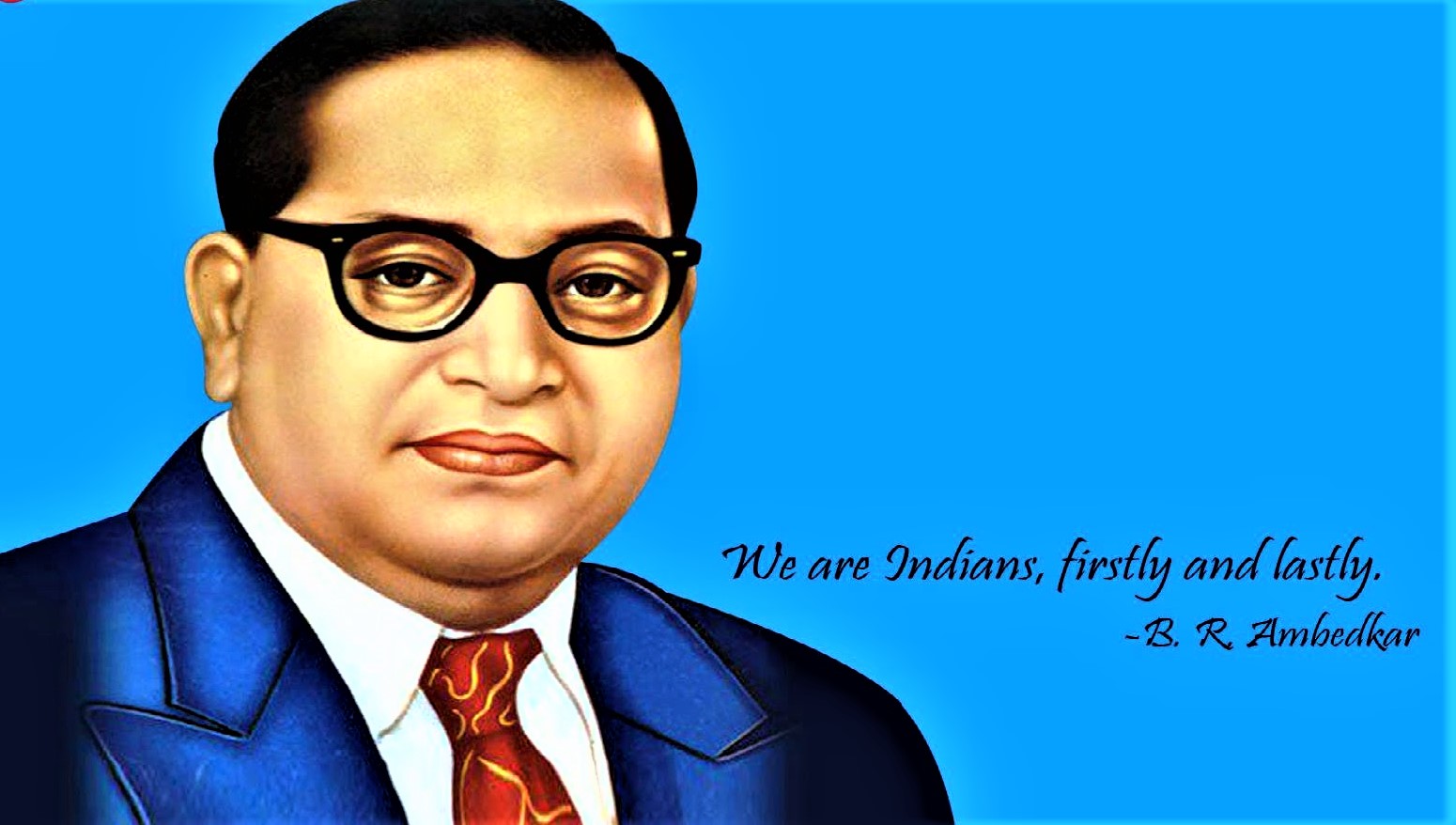Future Forum
By – SHRUTI PANT
“Cultivation of mind is the ultimate aim of human existence.”
Dr Bhim Rao Ambedkar popularly known as Babasaheb Ambedkar is generally regarded as the father of the Indian Constitution and also as the leader of the Dalits and the downtrodden. A rationalist, secular-minded and humanistic thinker he was not only a man of intellect but also a man of a great moral character. A liberal-minded leader his vision of social change and understanding of human personality was universal. He advocated equality and throughout his life made various efforts to create a society based on the ideals of Equality, Fraternity and Liberty.
Babasaheb was born into a poor low Mahar (Dalit) caste on 14th April 1891, in the town and military cantonment of Mhow in the Central Province (now in Madhya Pradesh) to a Marathi family with roots in Ambadawe town of Ratnagiri Maharashtra. The discrimination and social injustice which were imposed upon him due to his caste could not dampen his spirits. With dedication and perseverance, he performed brilliantly in his studies and also earned his doctoral degree in Economics from Columbia University and the London School of Economics.
Not only was Ambedkar the principal architect of the Indian Constitution but he was also an intellectual giant. He was an Economist, an Anthropologist, a Sociologist, a Jurist and upon India’s independence on 15th August 1947, he was appointed as the first Law Minister of India. He was a true nationalist at his core and made many contributions for the integration of India. He said:
“I am first Indian and I am an Indian at the end and nothing in between”
A stern opposer of Caste System he encouraged and supported Dalits to fight for their rights. In 1927, he launched active agitation against Untouchability and demanded the rights of Dalits to enter the temples and draw water from public water resources. Babasaheb believed that it was only through education that India could be liberated from the shackles of caste discrimination and other social evils. Therefore, to fulfill his dream of a modern progressive India he promoted the education of Dalits and Women and made representations to the government in various capacities in this regard. To promote education and socio-economic improvement of Dalits and Women, he established the Bahishkrit Hitakarini Sabha and also published various journals such as Mooknayak, Equality Janta and Bahiskrit Road.
Dr. Ambedkar worked for the empowerment of women and encouraged them to raise their voice against unjust social practices such as Child Marriage and Devdasi Pratha. Women were not entitled to the property of their ancestors before Independence, nor could they seek a divorce from an unhappy marriage. Ambedkar made provisions in the Indian Constitution which granted women equal rights of inheritance as did their male counterparts. He also insisted that a married woman must participate in her husband’s activities as a friend but must deny the life of slaves. He also made provisions for women to seek a divorce from an unhappy marriage wherein her self respect was at stake.
Dr Ambedkar was the first Indian to have made a significant contribution towards leading the society in the path of Equality, Liberty and Fraternity. He laid the foundation of a free liberated and modern India. In his last speech in the Indian Parliament Babasaheb quoted the Irish Patriot Daniel O Connel saying:
“No man can be grateful at the cost of his honour, no woman can be grateful at the cost of her chastity, and no nation can be grateful at the cost of his liberty.”
This each one of us must bear in our minds. On the occasion of Ambedkar Jayanti let us all recall the life and ideals of Babasaheb and pledge to live up to them.
Jai Bhim! Jai Bharat!



